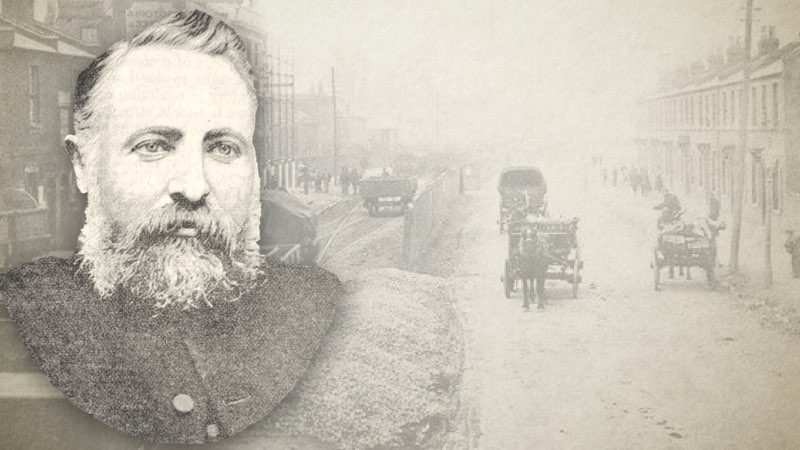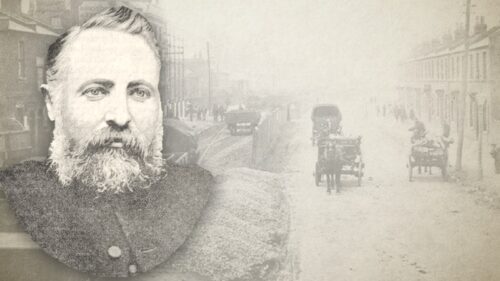Edwin White
Edwin White (1846-?) was a Strict and Particular Baptist preacher. His first pastorate was with the church meeting at Orphington (1877-1879). After two years, the communion question cropped up, the majority of members deciding to throw the Table open. He forthwith resigned his office. His second pastorate was with the church meeting at Clare, Suffolk (1881-1887). After six years of blessed ministry, he resigned the office due to health reasons. His third pastorate was with the church meeting at Woolwich, Enon Chapel (1891-1919). In 1911 was elected president of the Metropolitan Association of Strict Baptist Churches.
-
The Scriptural Method Of Addressing The Unconverted
As ministers of Jesus Christ we desire to make full proof of our ministry, and to rightly and faithfully discharge every part of the solemn trust we have received from our Lord and Master. We are anxious that we may be able to say to our hearers in the language of the apostle, ''Wherefore I take you to record this day, that I am pure from the blood of all men. For I have not shunned to declare unto you all the counsel of God." We have the flock of God to feed which He hath purchased with His blood, and who are savingly brought to know Him. But we have to seek the wandering sheep who are of His fold, and yet, they are…
-
The Life And Testimony Of Edwin White
I was born in a quiet rural village named Fringford, in the heart of Oxfordshire, in the month of August, 1846. My parents were upright, moral people, members of the Church of England, in which I was brought up, and was carefully taught her catechisms and ceremonies, and my teachers laboured to instil into my youthful mind that this was the only true religion, and that schism from the Church was an awful sin. These notions I largely imbibed and looked upon dissenters with supreme contempt. There were a few Methodists in the village. But my young mind even then was not quite satisfied. At times I had convictions and longings to be better than I was, though I never heard from my teachers one…


